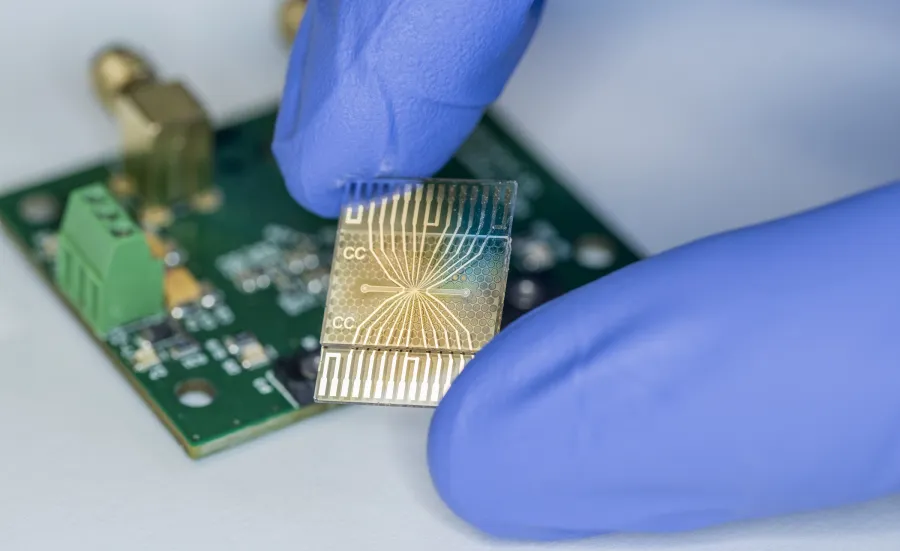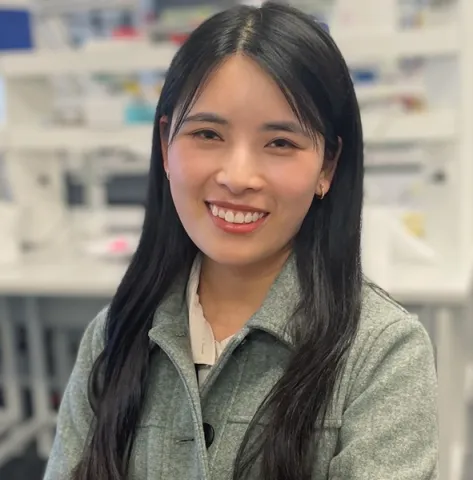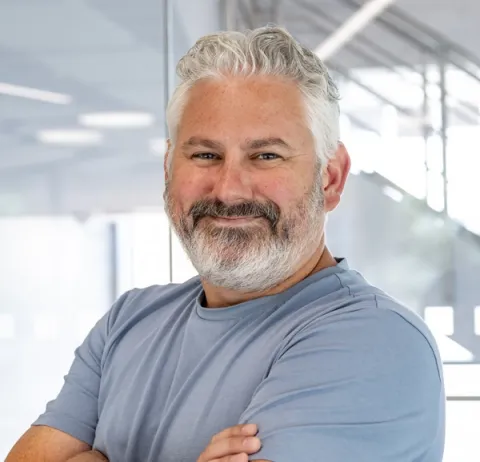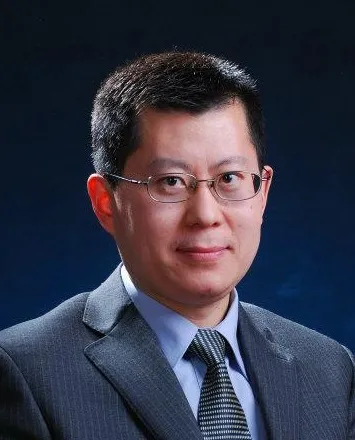Microfluidics and Sensors

Microfluidics is the interdisciplinary study of the behaviour, manipulation and application of fluid at the microscale. It underpins the concept of the lab-on-a-chip, where multiple key components and operations are integrated onto one small platform.







